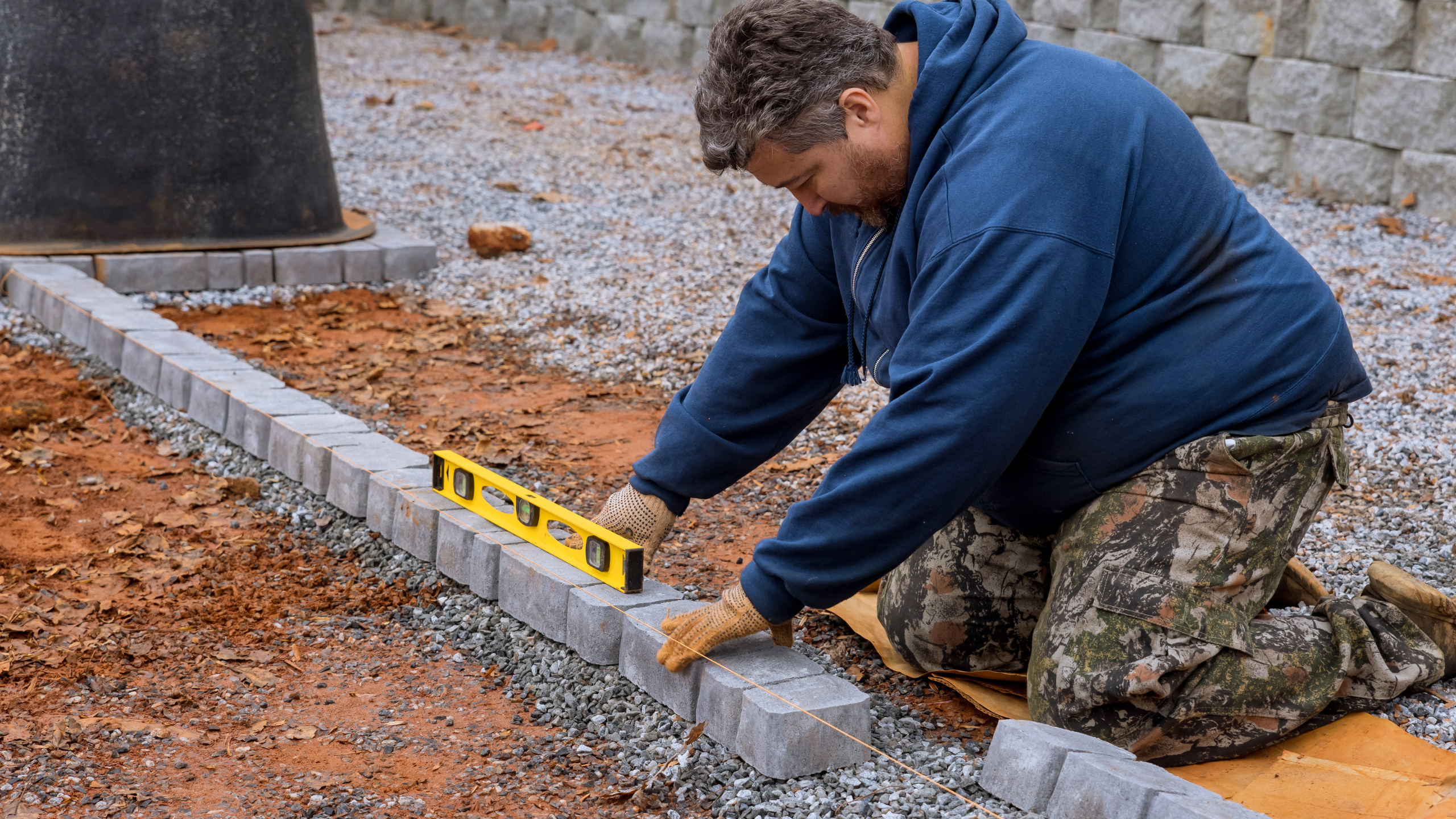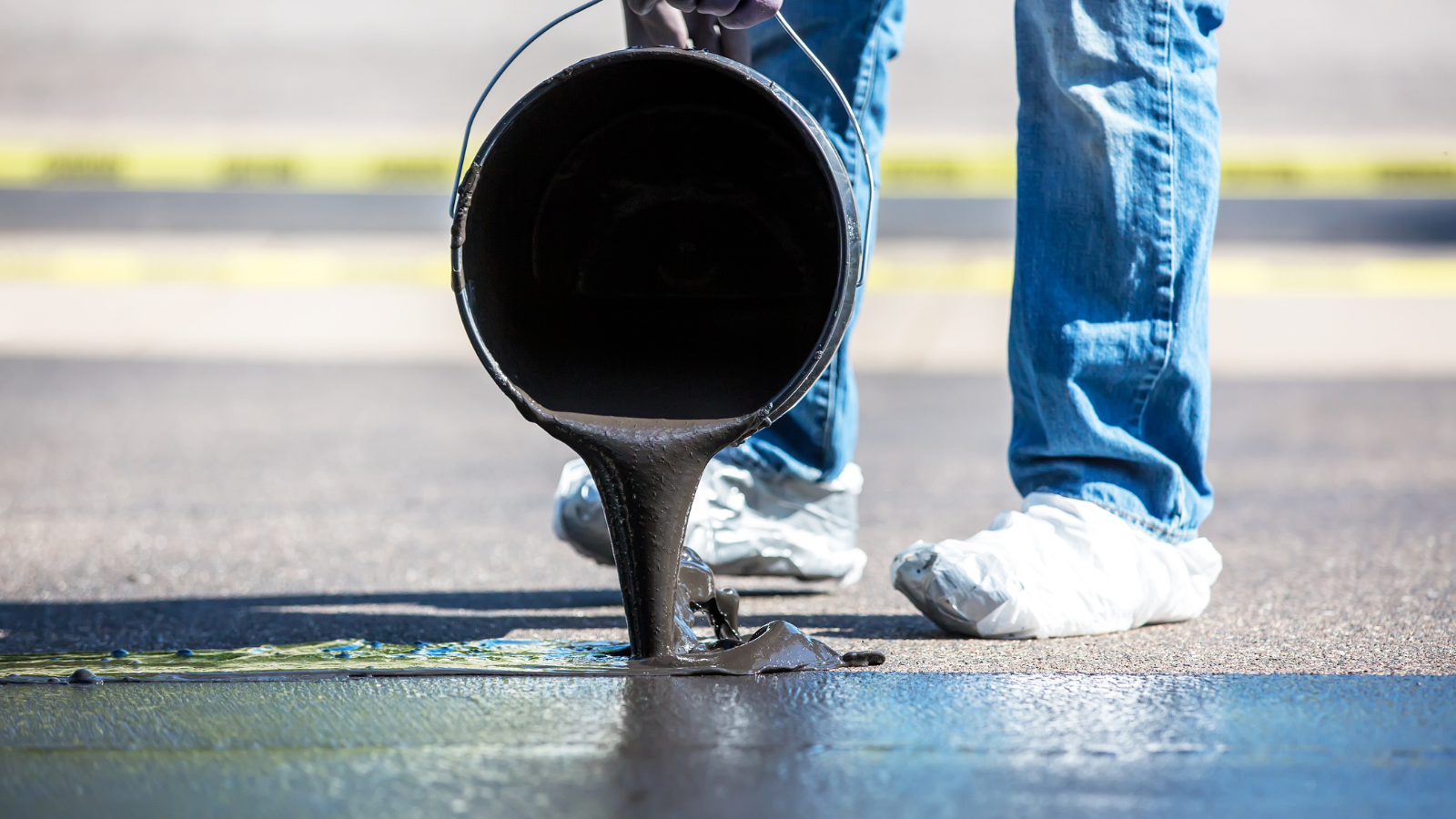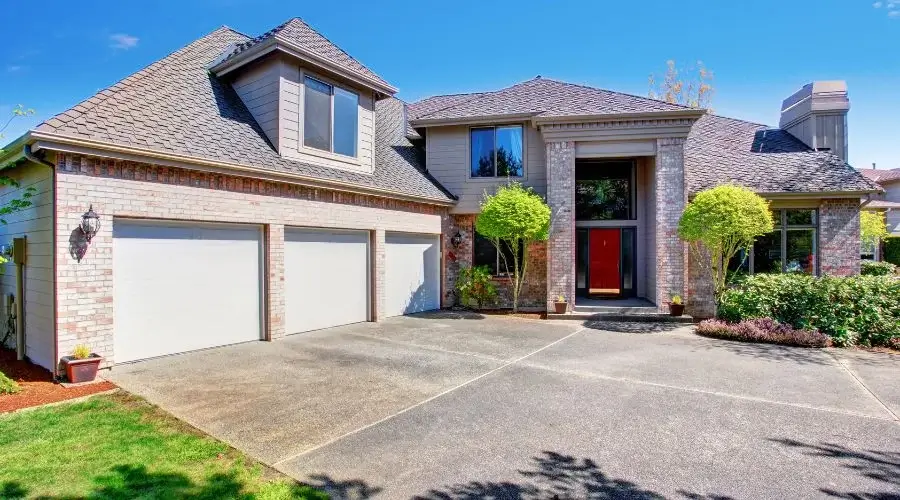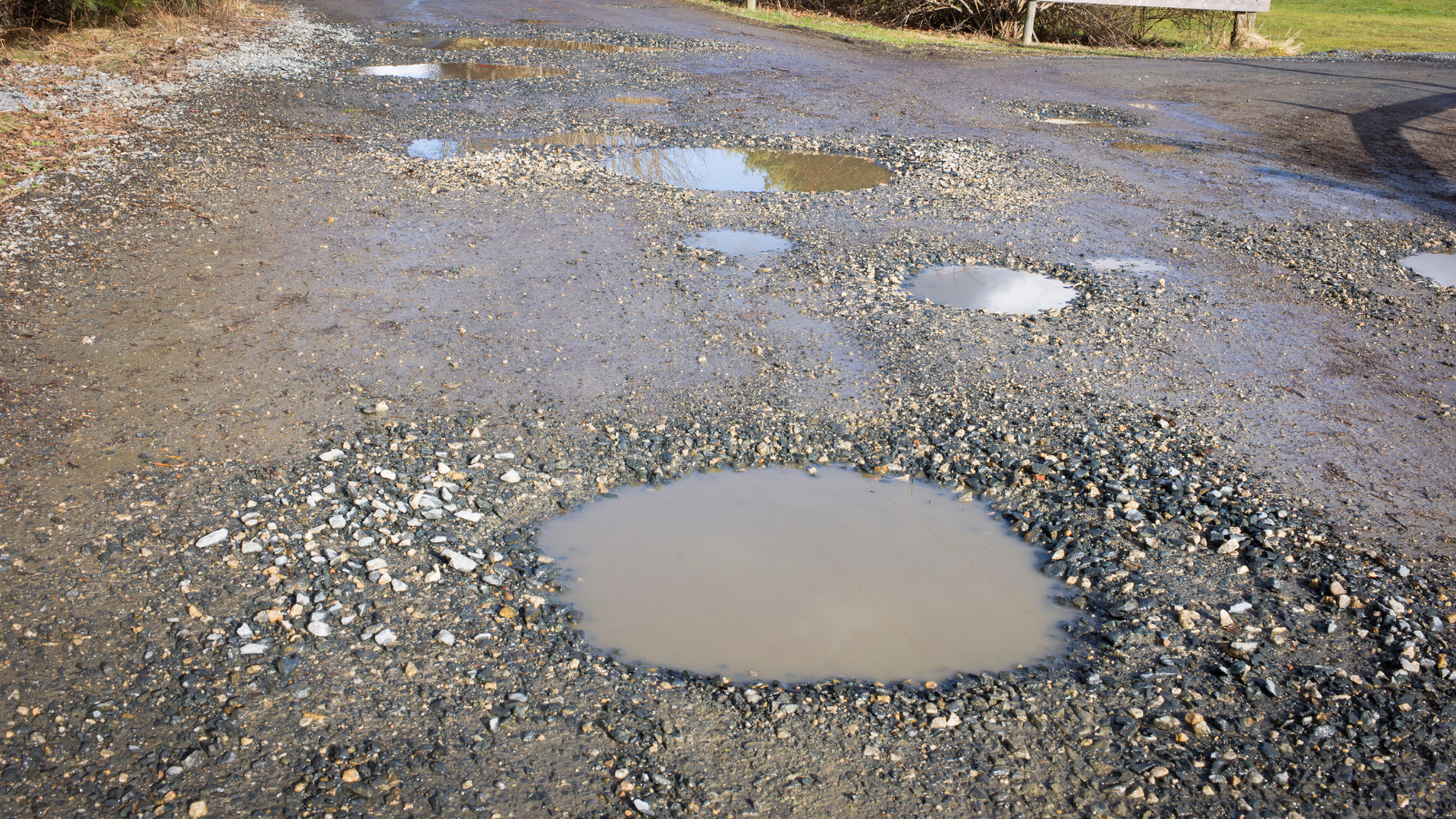Thinking about upgrading your property with a new driveway, walkway, or patio? Smart move! But before you dive in, let’s talk about something crucial: understanding the costs involved in residential paving projects.
Breaking Down the Basics: What Impacts Your Paving Costs?
Paving isn’t just about slapping down some material. It’s an investment that can transform your property’s look, feel, and value. Several key factors influence your total project cost:
1. Material Matters
Your material choice is the foundation of your budget:
- Budget-Friendly Options: Asphalt and concrete ($3-$10 per square foot)
- Great for standard driveways
- Cost-effective and versatile
- Premium Materials: Brick or natural stone ($15-$30 per square foot)
- Stunning aesthetics
- Enhanced durability
- Long-term value enhancement
2. Size Determines Price
The larger your project, the more you’ll invest:
- Driveways require more materials
- Larger areas mean increased labor costs
- Precise measurements are key to accurate budgeting
3. Labor: The Skilled Difference
Don’t underestimate the importance of professional installation:
- Skilled labor ensures longevity
- Prevents future costly repairs
- Varies based on project complexity and local rates
7 Pro Budgeting Tips for Your Paving Project
Tip 1: Plan Ahead
Start early. Research, get quotes, and allocate your budget strategically.
Tip 2: Set a Realistic Budget
Consider:
- Material costs
- Labor expenses
- Permits
- Site preparation
Tip 3: Explore Material Options
Balance:
- Durability
- Aesthetics
- Cost-effectiveness
Tip 4: Get Multiple Quotes
- Compare prices
- Review service offerings
- Watch for hidden fees
Tip 5: Think Long-Term
Cheaper isn’t always better. Consider:
- Maintenance costs
- Lifespan of materials
- Future repair expenses
Tip 6: Stay Flexible
Be ready to adjust your plan without compromising quality.
Tip 7: Build in a Contingency Fund
Set aside extra money for unexpected challenges.
Why Choose Professional Paving?
A professional approach means:
- Precision installation
- Quality materials
- Long-lasting results
- Increased property value
Ready to transform your property? Call Elizabeth Paving at 908-458-9401 for a FREE consultation and personalized cost estimate!
Pro Tip: Your paving project is an investment. Choose wisely, and your property will thank you for years to come.







